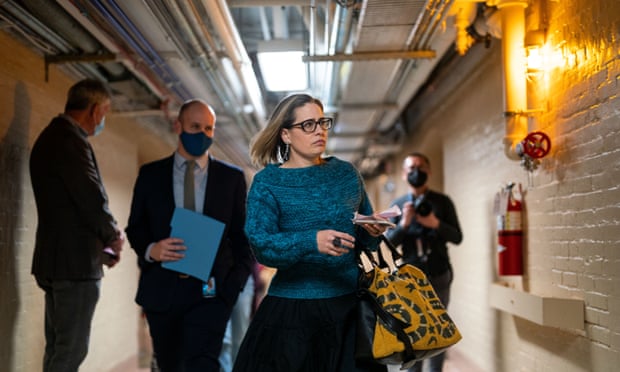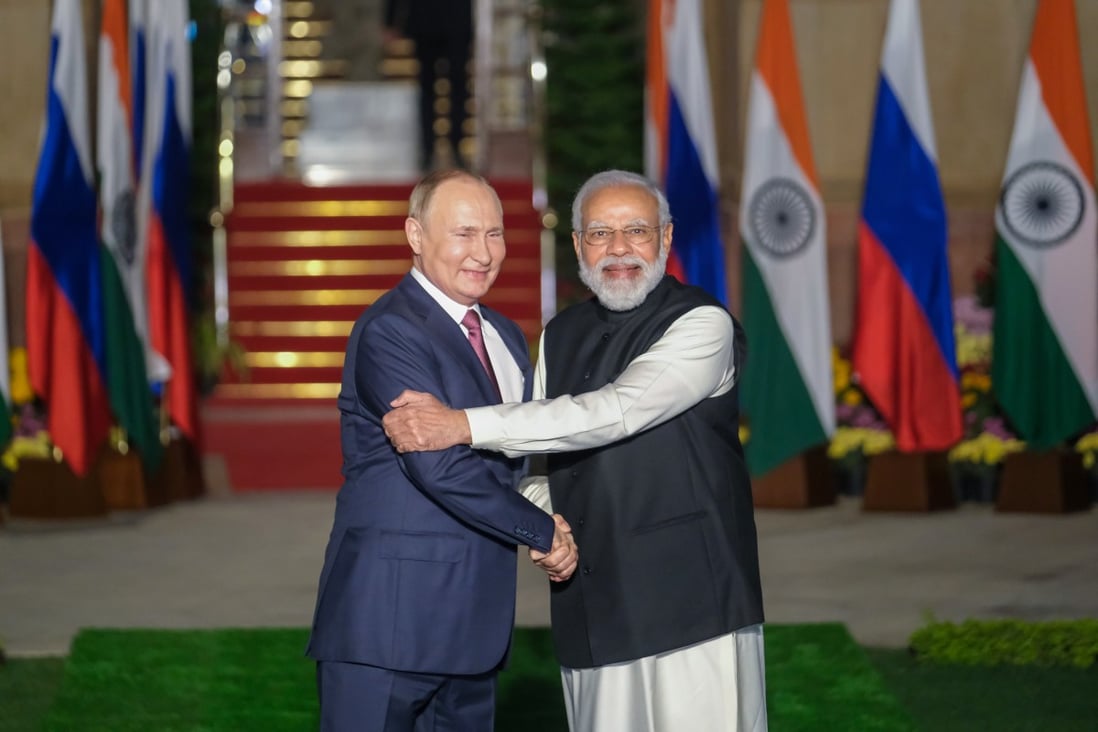Next Week You’ll Be Able to Eat ‘Chicken’ Made From Plants at KFC
H2 Clipper Will Resurrect Hydrogen Airships to Haul Green Fuel Across the Planet
These 2021 Biotech Breakthroughs Will Shape the Future of Health and Medicine
A Chinese Company Says It Will Be Selling Driverless Cars by 2024
The Capitol Police and the Scars of Jan. 6 For many officers, their bodies, minds and lives will never be the same after the attack.
The Boy King of YouTube Ten-year-old Ryan Kaji and his family have turned videos of him playing with toys into a multimillion-dollar empire. Why do so many other kids want to watch?
This Isn’t the California I Married The honeymoon’s over for its residents now that wildfires are almost constant. Has living in this natural wonderland lost its magic?
An Evangelical Climate Scientist Wonders What Went Wrong
Are We Really Facing a Second Civil War? interviewed many people who’ve lived through civil wars, and she told me they all say they didn’t see it coming. “They’re all surprised,” she said. “Even when, to somebody who studies it, it’s obvious years beforehand.” .......... to some of those, like Walter, who study civil war, an American crackup has come to seem, if not obvious, then far from unlikely, especially since Jan. 6. ..........
this country is closer to civil war than most Americans understand
......... “I’ve seen how civil wars start, and I know the signs that people miss. And I can see those signs emerging here at a surprisingly fast rate.” ....... “The United States is coming to an end,” Marche writes. “The question is how.” ........ “By 2025, American democracy could collapse, causing extreme domestic political instability, including widespread civil violence,” he wrote. “By 2030, if not sooner, the country could be governed by a right-wing dictatorship.” ......... “Serious people now invoke ‘Civil War’ not as metaphor but as literal precedent.” ......... he knows many civil war scholars, and “very few of them think the United States is on the precipice of a civil war.” Yet even some who push back on civil war talk tend to acknowledge what a perilous place America is in. .........The fact that speculation about civil war has moved from the crankish fringes into the mainstream is itself a sign of civic crisis, an indication of how broken our country is.
............ an academic definition of “major armed conflict” as one that causes at least 1,000 deaths per year. A “minor armed conflict” is one that kills at least 25 people a year. By this definition, as Marche argues, “America is already in a state of civil strife.” ......... extremists, most of them right-wing, killed 54 people in 2018 and 45 people in 2019. ........ most common in what she and other scholars call “anocracies,” countries that are “neither full autocracies nor democracies but something in between.” Warning signs include the rise of intense political polarization based on identity rather than ideology, especially polarization between two factions of roughly equal size, each of which fears being crushed by the other. ........... Instigators of civil violence, she writes, tend to be previously dominant groups who see their status slipping away. “The ethnic groups that start wars are those claiming that the country ‘is or ought to be theirs’” .......... “Left-wing radicalism matters mostly because it creates the conditions for right-wing radicalization.” ..........many on the right are both fantasizing about and planning civil war
.............. Some of those who swarmed the Capitol a year ago wore black sweatshirts emblazoned with“MAGA Civil War.”
............... The Boogaloo Bois, a surreal, violent, meme-obsessed anti-government movement, get their name from a joke about a Civil War sequel. Republicans increasingly throw around the idea of armed conflict. ........... In August, Representative Madison Cawthorn of North Carolina said, “If our election systems continue to be rigged and continue to be stolen, then it’s going to lead to one place and that’s bloodshed,” and suggested he was willing, though reluctant, to take up arms. ........... Citing the men who plotted to kidnap Gov. Gretchen Whitmer of Michigan, Walter writes that modern civil wars “start with vigilantes just like these — armed militants who take violence directly to the people.” ....... the threat of America calcifying into a Hungarian-style right-wing autocracy under a Republican president seems more imminent than mass civil violence ............ increasingly, the right is rigging our sclerotic system so that it can maintain power whether the voters want it to or not. ........... most of Marche’s narratives seem more imaginable than a future in which Jan. 6 turns out to be the peak of right-wing insurrection, and America ends up basically OK.Jimmy Carter: I Fear for Our Democracy One year ago, a violent mob, guided by unscrupulous politicians, stormed the Capitol and almost succeeded in preventing the democratic transfer of power. All four of us former presidents condemned their actions and affirmed the legitimacy of the 2020 election. There followed a brief hope that the insurrection would shock the nation into addressing the toxic polarization that threatens our democracy. However, one year on, promoters of the lie that the election was stolen have taken over one political party and stoked distrust in our electoral systems. These forces exert power and influence through relentless disinformation, which continues to turn Americans against Americans. ........... 36 percent of Americans — almost 100 million adults across the political spectrum — agree that “the traditional American way of life is disappearing so fast that we may have to use force to save it.” .......... 40 percent of Republicans believe that violent action against the government is sometimes justified. ......... Politicians in my home state of Georgia, as well as in others, such as Texas and Florida, have leveraged the distrust they have created to enact laws that empower partisan legislatures to intervene in election processes. They seek to win by any means, and many Americans are being persuaded to think and act likewise, threatening to collapse the foundations of our security and democracy with breathtaking speed. I now fear that what we have fought so hard to achieve globally — the right to free, fair elections, unhindered by strongman politicians who seek nothing more than to grow their own power — has become dangerously fragile at home. .......... I have also seen how new democratic systems — and sometimes even established ones — can fall to military juntas or power-hungry despots. Sudan and Myanmar are two recent examples. .......... while citizens can disagree on policies, people of all political stripes must agree on fundamental constitutional principles and norms of fairness, civility and respect for the rule of law. Citizens should be able to participate easily in transparent, safe and secure electoral processes. Claims of election irregularities should be submitted in good faith for adjudication by the courts, with all participants agreeing to accept the findings. And the election process should be conducted peacefully, free of intimidation and violence. ............... we must resist the polarization that is reshaping our identities around politics. We must focus on a few core truths: that we are all human, we are all Americans and we have common hopes for our communities and our country ..........



















